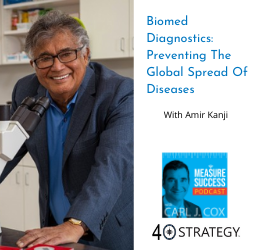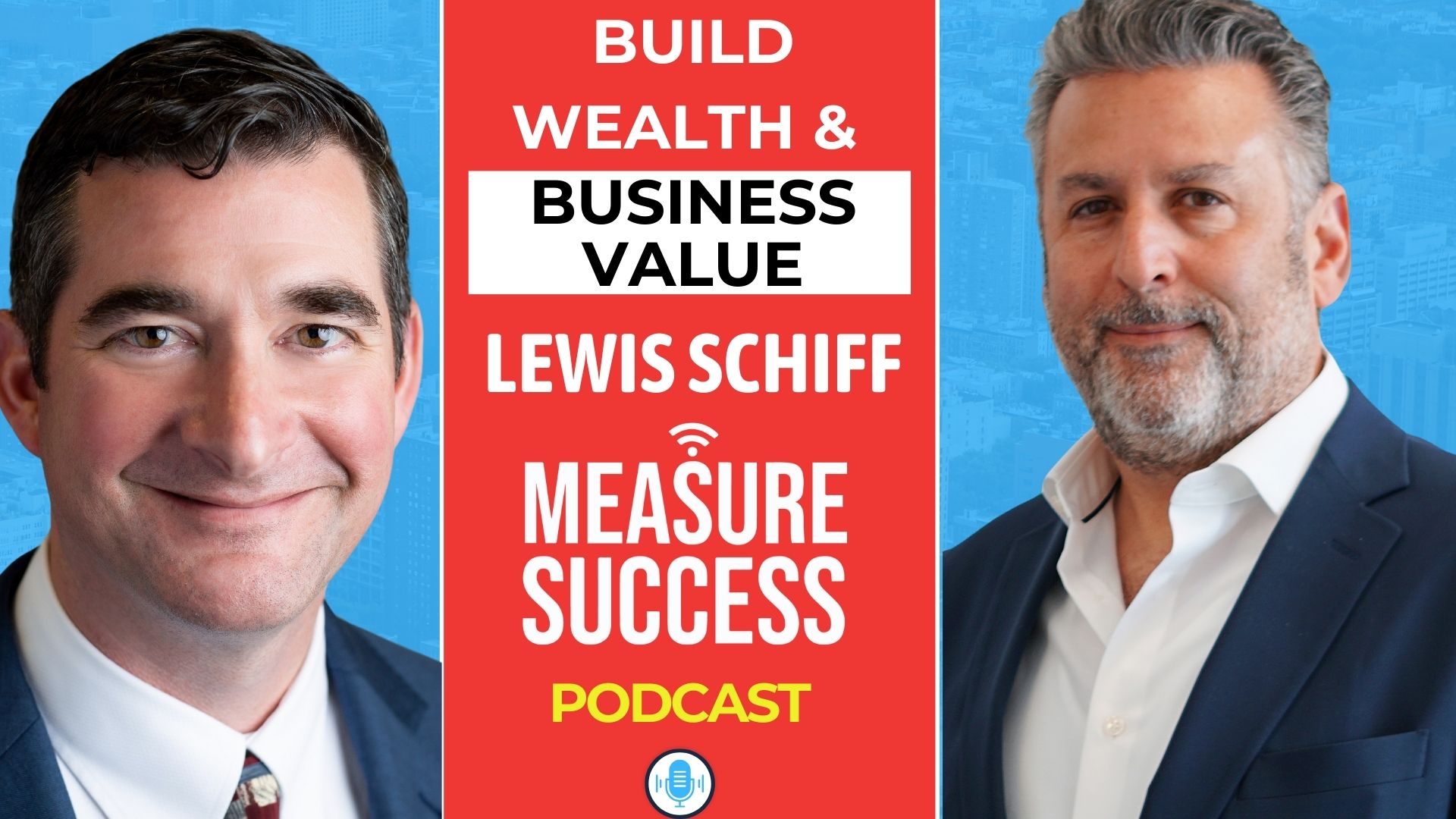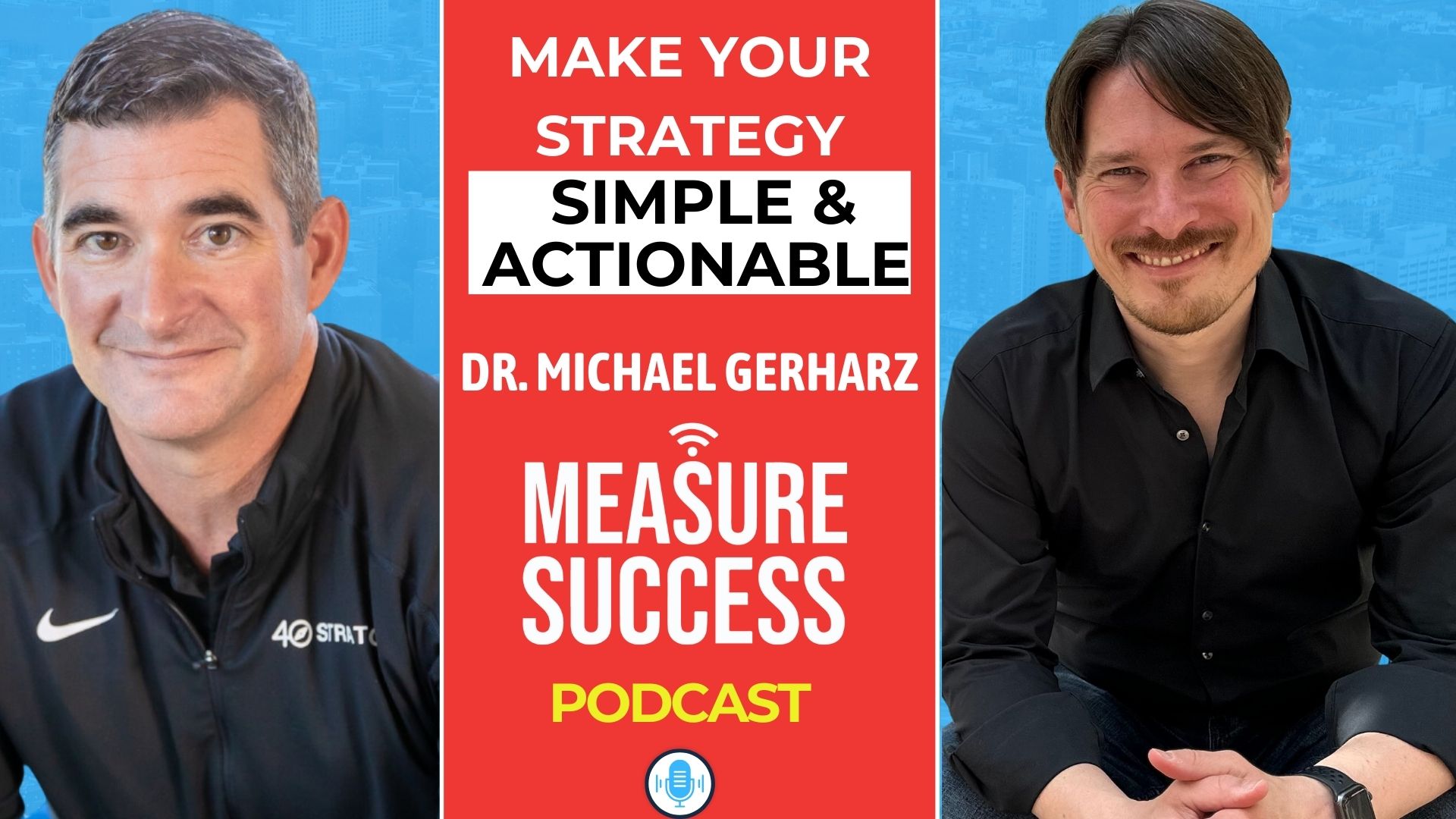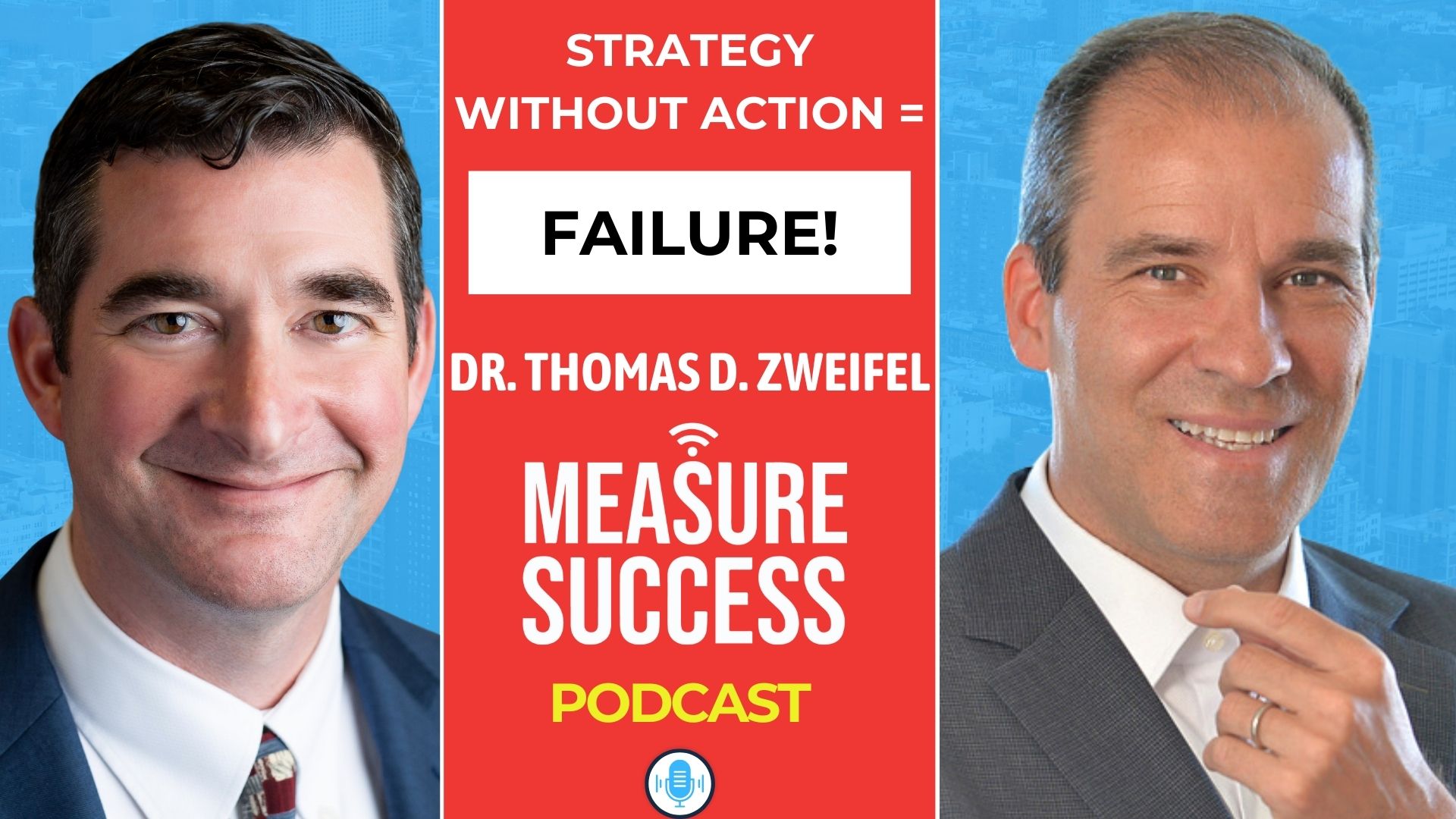
As an expert in corporate restructuring, Amir has acquired more than 40 years of experience working throughout various industries. In addition to his long-standing career with Biomed Diagnostics, he is also the CEO of Global Real Estate Group based in Dubai, UAE, and the CEO of Roman Holdings, located in Menlo Park, California. Amir is a Certified Public Accountant and has a Bachelor of Commerce degree in Economics and Accounting from the University of Leeds in England.
Here’s a glimpse of what you’ll learn:
- Amir Kanji shares how Biomed Diagnostics began and describes what they do to help countries with low resources fight disease
- How does Biomed Diagnostics transport tests around the world?
- Amir talks about who ultimately benefits from the work they do at Biomed Diagnostics
- What are the biggest challenges for Biomed Diagnostics in the upcoming year?
- Why social media, research, production, and regulatory skills all play a role at Biomed Diagnostics
- Amir describes how he measures success in his business and how he gets away with only four hours of sleep
- Amir talks about what matters the most to him and the importance of self-reflection
- Amir shares his book recommendations
In this episode…
Keeping up with industry changes can be a challenge. Technology is continually evolving, regulations are always changing, and supply and demand are constantly in flux. Not only that, but qualified workers can prove difficult to find and shipping products is an ongoing process of figuring out how to keep your product safe. So how do you decide where to focus your energy if you don’t want to fall behind?
Amir Kanji has spent the last 40 years finding ways to rescue companies struggling to keep up. In his current role as CEO of Biomed Diagnostics, he has to be ready to meet sizable shifts in demand without delay or any decrease in quality. And when it comes to diagnostic testing, regulations and shipping can get pretty complicated. Fortunately, Amir has figured out the structure of success — and he’s here to share how he does it.
Listen to this episode of the Measure Success Podcast as Carl J. Cox talks with Amir Kanji, CEO of Biomed Diagnostics, about what goes into running a company that aims to stop the spread of disease around the globe. Amir explains why Biomed Diagnostics was founded, how they ship all kinds of tests around the world, and what challenges he sees for the upcoming year. Plus, Amir shares how he finds time for self-reflection and offers up some book recommendations. Stay tuned!
Resources Mentioned in this episode
- Amir Kanji on LinkedIn
- Biomed Diagnostics
- Biomed Diagnostics on Facebook
- Senator Jeff Merkley
- Dark Towers: Deutsche Bank, Donald Trump, and an Epic Trail of Destruction by David Enrich
- Ten Lessons for a Post-Pandemic World by Fareed Zakaria
- 40 Strategy
- Contact 40 Strategy
- Carl J. Cox on LinkedIn
Sponsor for this episode…
This episode is sponsored by 40 Strategy.
40 Strategy provides strategic planning and consulting to help organizations realize and achieve their dreams by creating and measuring KPIs for success.
Unfortunately, most organizations only spend 2% of their time—or about 40 hours per year—on building an effective strategy.
Increasing the success of those 40 hours is what 40 Strategy does because your success is their passion—and that’s why organizations look to them for guidance.
Not only does 40 Strategy help you craft and implement an effective strategy, but they’ll also work to facilitate teams with proven practices and help with your scenario planning.
Harvard research shows that you can triple your success when you use the right Key Performance Indicators. Who doesn’t want that?
If you have questions, you can reach out through their website or email them at catch@40strategy.com.
Episode Transcript
Carl J. Cox 0:03
Welcome to the Measure Success Podcast where we feature top leaders on how they measure success in their business and life. Now, let’s learn from their experiences.
Carl J. Cox here and I’m the host of the Measure Success Podcast where I talk with top leaders about effective strategies that inspire success. This episode is brought to you by 40 Strategy 40 Strategy. We provide strategic planning consulting to help organizations organizations realize and achieve their dreams. And we are basically we help companies create strategic plans and measure the right KPIs for success. Unfortunately, most organizations spent only about 2% of their time, about or about 40 hours of collector hours a year building an effective strategy. And I don’t know about you, Amir, but I think that’s pretty crazy. That that’s how little we juice your team planning. And at 40 Strategy, your success is our passion. So that’s why organizations call us to help not only do we come up with strategy, but we facilitate your teams with proven practices. However, research shows that when you use the right key performance indicators, they’ll actually help triple the success of your goals. And who wouldn’t want that. So emails today at catch@40strategy.com and you can learn more by also visiting at www.40strategy.com first night do a little shout out and Matter of fact, our guests helped me remind me of this. Before introducing big I’d like to thank Senator Jeff Merkley from the state of Oregon and he actually just notified my son that he has made the US Naval Academy and and actually alerted me or that you’re actually meeting them with this week. And so thank you for that reminder and and thank you for Senator Jeff Merkley. It was quite an honor to have that happen today. Now we’re going to talk about our guests. Amir Kanji
he is the CEO of Biomed Diagnostics based in Southern Oregon. He’s been the CEO since 2008, and also have been the board director since 2002. He’s also the CEO for the Global Real Estate Group based in Dubai since 2004, and Roman Holdings based in Menlo Park since 1993, you have been ultimately a mere a turnaround specialist, investing in companies who are struggling and you’ve helped turn them around, ultimately sell them at a better price. You your education comes from a bachelor economics and finance accounting from the University of Leeds in England. And you also earned your Certified Public Accountant in Canada. On a personal side, you are a fourth generation born in East Africa, with Indian and Iranian descent. And you’ve lived in England, Canada, and currently here in the US. And with that, Amir, thank you so much for being on the Measure Success Podcast.
Amir Kanji 2:50
Morning.
Carl J. Cox 2:52
Good morning. So Amir, please tell me a little bit more about four and for our audience about Biomed Diagnostics.
Amir Kanji 3:00
Biomed Diagnostics is a company that was originally founded by people who are researchers who had gone to Costa Rica, they had worked in those in that resource challenge area. And when they came back to the US, they realized what was missing in the field, they did not have electricity, they didn’t have trained personnel, they did not have access to all kinds of things. So when they came back to the US, after retiring from the US Army, they developed numerous tests that would be applicable for the resource countries in the world. And then they partnered with an engineer in his chemical life to develop a packaging system, which is we have an environment has patented packaging systems enabled products to be transported over several days, while they still incubating. And the company was originally started in San Jose, California, but eventually will move to Medford Oregon, but 20 years ago, for reasons of costs really because it was much more effective and cost effective to operate. And I’m in Medford, Oregon, then in the high price real estate market of California. Biomed has its genesis is very altruistic, it has always looked upon it as some company that is, is the objective is to create products that are helpful to society at large. And in particularly countries that are low resources. countries. So we have basically continued that mode of operation over the years although the founders have now retired. We have certainly continued the message of helping those who are less fortunate. So we are focused quite a bit now on developing tests for products, the diseases that affect a lot of 6 billion people outside who live outside of Europe and North America. And that’s where some of our focus is currently, particularly into zoonotic diseases, because we’re facing a situation in the world today, for example, Ebola is a zoonotic disease Zika is is not a disease, as is I believe COVID-19 is not a disease environment is looking towards developing a low cost test for the zoonotic diseases that are emerging from the humans expanding into the territory of the wild animals.
Carl J. Cox 5:39
That’s really interesting in and so when, so let’s talk about that a little bit and diving a little bit deeper into some of these tests, you have something as scary as Ebola, right? That might be in an African country? How does the process work for them to get the tests and work be safely carried to a proper testing site? So then it can be understood if it actually is, for those who are caring?
Amir Kanji 6:09
Well, we have partnered with a lot of international agencies that do work in the developing world. And we have supplied them with tested they using and countries as diverse as Laos, Zimbabwe, the Congo and other regions of the world, we have these challenges. So we supply them with these tests. We are primarily a microbiology company, which we’re now trans gradually moving into developing low cost, molecular tests, hopefully, affordable products that people can use with the same simplicity that we have for our current products.
Carl J. Cox 6:49
Right. Got it. And so so now you have this, how long does that process take to ultimately, you say, you have a very quick and easy way, you know, for to be able to send it to some country that won’t be able to do the diagnostics. How long is that process in on average of shipping something from Africa to a proper testing site? safely? So it can get measured? Is it two to three days in a week process? How long does it typically take,
Amir Kanji 7:17
actually, the products that we supply them, the tests can be used locally, and they can be transported locally, for a period of five to seven days, from the remote areas are the tests are delivered to a central laboratory. So by the time the test comes back, it is still a viable test. They don’t have to send it back to us. It’s all a packaging system that enables a test to be sustained while it’s after it’s been not culated. And it’s incubating and its own package system. So that’s what the advantages, for example, we currently have a test that we supply to a lot of public health facilities, here and overseas. It is a gonorrhea test. And it’s administered in a lot of outlying areas. But the product has to come back to a central laboratory to determine its antimicrobial resistance. And so that transient transition period transportation period enables the test to continue incubating. So when it comes back to the central laboratory, it is still a viable product.
Carl J. Cox 8:22
Right. So you That was a question I was kind of curious with so yet the consumers if you may the the people who are bending from this are people, right? Who have who are infected with some certain diseases. But are you It sounds like you sell off into public health agencies. And those are the ones who are picking up the tab and paying for these tests.
Amir Kanji 8:44
Yes, primarily our customers or the public health agencies, we test we make tests for the clinical market, as well as the veterinary markets or even their most of our customers for the veterinary products or the state agriculture labs that provided to the farmers
Carl J. Cox 9:00
are interesting. So give me an example. What like a vet State Agricultural lab, what would be an example of something like that?
Amir Kanji 9:09
Well, there’s a disease that infects bulls across the country. And unfortunately, there’s no cure for that illness. The choir show once the agricultural laboratory send these out to the veterinarians out in the field, the guest comes back and if it’s positive, unfortunately, the bull has to be sacrificed, that it’s important that the bull not be traded across straight lines and also use for breeding if it’s in fact, a measure of preventing further spread of the disease. And if the bulls infect the cows, and it leads to premature abortions in the in the cows, it leads to underweight cause so things of that nature can be avoided by having the right the disease bulls culled from the flop. The herd rather not flock so herd,
Carl J. Cox 9:59
right Right. Wow, that, Amir in all our discussions that we’ve had, I was not aware of that elements behind it and how. So this is all about pre testing to make sure before the breeding takes place, right. So it can help prevent that element behind the incident. And you said that these are ultimately State Agricultural labs, right are trying to prevent the spread, and they’ll end up buying it and then disseminate it out to the farms assumingly to get the test taken care of, is that correct?
Amir Kanji 10:27
Correct. That is correct. We also have another test that we have licensed from the UK, which enables a more efficient artificial insemination of cows. So that should you don’t waste a lot of the effort. This is predictive of the success of that examination.
Carl J. Cox 10:45
Very interesting. Very, very interesting. So now we were talking the top thank you so much for providing that and given us more detail about what Biomed does. So what’s top of mind for you right now, what’s the biggest challenge that Biomed spacing heading into 2021. And beyond?
Amir Kanji 11:02
The biggest challenge is to be able to hire competent personnel in the area of research in terms of regulatory environment. Because we are a regulated company or clinical products have to be approved by the FDA. And most of our veterinary products are really have an oversight from the USDA. So finding the right competent people who have the experience the knowledge to manage the regulatory environment and scientists to develop tests that are affordable, particularly in the low resource countries of the developing world. That is the biggest challenge we are having today.
Carl J. Cox 11:41
And it’s interesting. So what type of are you looking for people with specific degrees often to help provide what what’s the the characteristics in terms from an education standpoint?
Amir Kanji 11:54
Yeah, we have we have on staff at the moment, five PhDs, some of them with varying degrees of expertise, we have someone with a very highly qualified in the field of veterinary science, chemistry, plant biology, and all those kinds of disciplines that are important to combine the talent together to develop products that are affordable and efficient.
Carl J. Cox 12:25
Interesting. And so you have you have that challenge. Right. And And currently, probably some of the challenges where you’re based in Southern Oregon, right? Could they exist some of these people, but perhaps bringing them to to Southern Oregon? What what other type of skill sets, right? Because there’s the manufacturing of producing these? What type of skill sets are you looking for people to help make sure that the product can get actually produced and delivered to to your customers throughout throughout the world?
Amir Kanji 12:54
Well, production is a very key aspect of efficient production and production that results in Good Manufacturing Practices is a critical part of our business. And also, we’re looking for people who are good at communications and web development and things like that, because we are now really how we export our products to almost 70 countries worldwide. And most of that F interest comes from our website, and our community, and then social media. So we’re looking for people who can assist in that area, as well.
Carl J. Cox 13:34
Excellent. And so you have you have the three things, you have research minded people, you have production related, and then you have social media parts at all intended or required for help you to grow. So and, and regulatory people, and regulatory as well. Thank you. So how do you? How do you measure success? With your clients? I guess there’s two levels of a right there’s the state departments that you’ve talked about, or the health agencies, and then there’s actually the end consumer that’s actually being able to draw from it. So let’s let’s go to the higher level, how does a state agency feel like that they’d have success? How do you know that they’re there the products and they’re buying from you is developing a positive contribution to the world?
[continue to next page]













